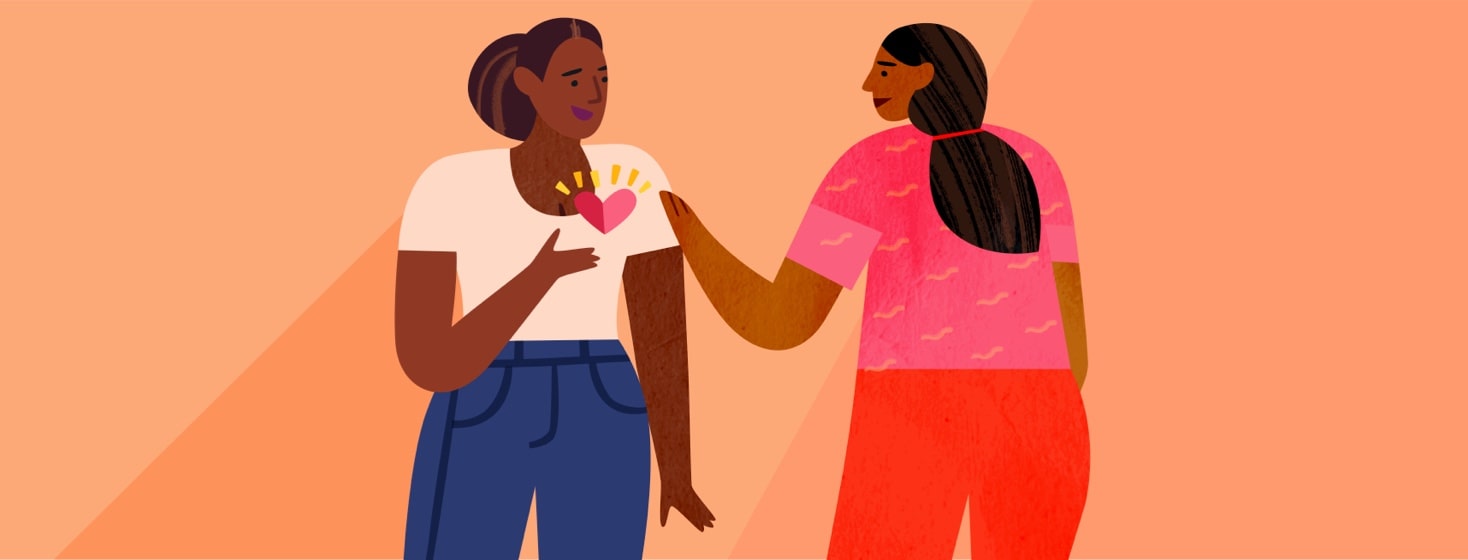Believe Chronically Ill People, Period
After the singer Jessie J was recently diagnosed with Ménière’s disease, which is marked by vertigo, dizziness, hearing loss, involuntary eye movement, and motion sickness, I saw plenty of people supporting her (well done, humanity). Unfortunately, there were also people saying she might be lying for attention.
The Internet, as we all know, is a great place for sociopaths and cowards; it’s a digital playground where everyone parades their opinion as fact, quick to fingerprint or shame or deride another human being — all for what? An ego boost? To project insecurities onto others?
Still, every time I see people being awful online — literally daily — it catches me by surprise.
Jessie J said that she experienced symptoms like something crawling around on the inside of her ear and that she couldn’t walk properly. She also said that she was experiencing tinnitus — on Christmas Eve no less! The disease can develop at any time, and it usually starts in one ear, although it can involve both. Experts aren’t exactly sure about the cause, and there’s not exactly a cure for it, but there are medications that can help.
Our first reaction should be support
When people say that they are sick or experiencing strange symptoms, our first reaction shouldn’t be to question their sincerity, but to believe them and to offer them support.
We live in a time where most of us have access to information and community resources, which means we can find the help we need — if we speak out. If we keep quiet because we’re afraid people are gonna think we are histrionic or attention-seeking or lying, then we might not get the help that we need. This would lead to all sorts of further damage.
Assuming a person is lying is abelist
Also — the assumption that a person is lying seems to be rooted in ableism, which is the privilege of living in a healthy, able body. When we hear of people who are sick or are experiencing things that we have not, we erase them by saying their line. The healthy perspective isn't the default or automatically believable while the chronically ill person's experience is secondary and up for debate. Everyone should be afforded belief and support.
When we say that people are lying about their illness, we are saying they have no place in society, and that we are not here to support them, and that our able-bodied opinion matters more than their suffering.
Women are more prone to be disbelieved
It’s also important to mention that when women speak out about their health, they are routinely told that they’re over-exaggerating or that they are being too emotional or sensitive (hello, patriarchy!). If we believe that women are sensitive and fragile — and we've been conditioned to think this since, well, forever — then anytime a woman or femme presents with pain or discomfort, we jump to the conclusion that she is being sensitive, rather than experiencing pain or trauma. This dehumanizes the person.
The next time you find yourself doubting someone’s experience of being sick, ask yourself why. Ask yourself why you jumped to that conclusion. Ask yourself what true, actual, sustainable benefit they might have by lying. Ask yourself why it matters that you die on that particular hill.

Join the conversation